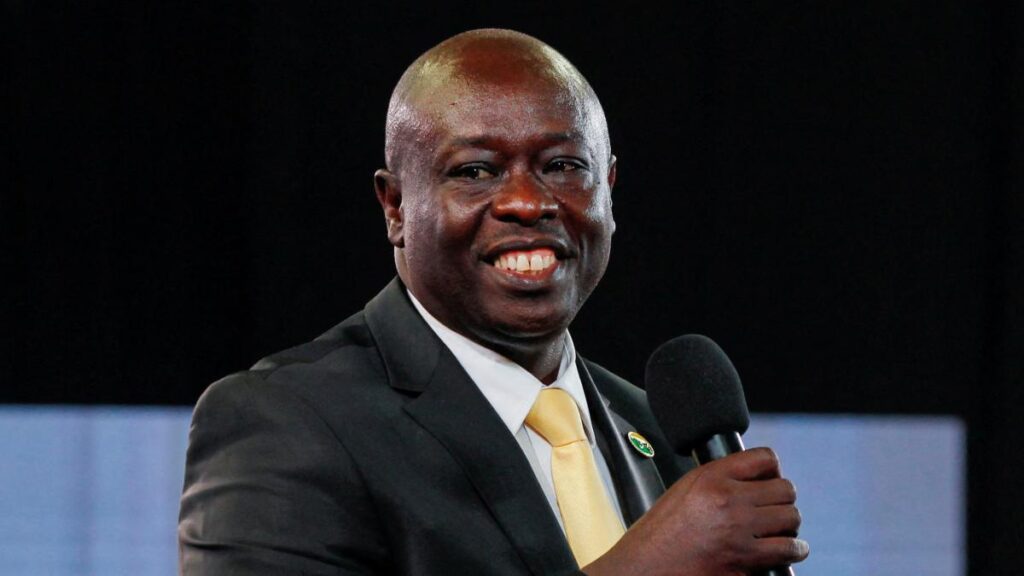Kenyan Deputy President Rigathi Gachagua’s impeachment trial has taken a dramatic turn as he failed to appear in the Senate for testimony, citing illness. Initially present in the morning, Gachagua’s lawyer Paul Muite reported that he had been hospitalized and could not defend himself during this crucial period when a vote was scheduled. The Senate Speaker, Amason Kingi, acknowledged the urgency, stating that the impeachment process is time-sensitive and cannot be delayed beyond Friday. He indicated that the Senate may continue its proceedings in Gachagua’s absence or invite him to return later if necessary. The impeachment requires a two-thirds majority from the 67 senators, and Gachagua faces 11 serious charges, including corruption and inciting ethnic divisions.
The trial commenced with Gachagua pleading not guilty to all charges as they were outlined before the Assembly. The backdrop to these proceedings is marked by Gachagua’s earlier clash with President William Ruto, with their political partnership strained over several issues. The tensions peaked in June when Gachagua publicly criticized the head of the intelligence agency, an act perceived as an undermining of Ruto following the president’s withdrawal of unpopular tax increases. This conflict has escalated into a significant political crisis, leading the National Assembly to favor his impeachment, paving the way for the current Senate trial.
The impeachment motion brought forth by lawmaker Mwengi Mutuse articulated allegations against Gachagua as “extraordinary” violations of the constitution. Mutuse specifically highlighted Gachagua’s controversial comments about the government’s nature, comparing it to a “shareholding company,” which he argued signaled favoritism towards political affiliates. Corruption claims involving conspicuous wealth acquisition were central to the allegations, with Gachagua purportedly having amassed assets worth approximately 5.2 billion Kenyan shillings (around $40 million) in a mere two years. His defense team maintained that many assets attributed to him were inherited from his late brother, refuting the corruption claims.
The trial has featured witnesses presenting accusations against Gachagua, including Andrew Mulwa, a former CEO of the Kenya Medical Supplies Agency, who alleged intimidation from Gachagua related to a tender scandal. Mulwa’s claim about a direct request from the deputy president regarding incriminating documents was met with Gachagua’s vehement denial, branding it as “ridiculous and baseless.” Mulwa’s experience was reportedly unprecedented in his 15 years of public service, amplifying the charge’s significance. The defense argued that the request came after the issue had been resolved and that no loss was incurred.
Another witness, Abdi Mohamud of the Ethics and Anti-Corruption Commission, corroborated allegations of conflict of interest, stating that Gachagua had received gifts from the public, further intensifying the scrutiny on his conduct. The trial is poised to culminate in vigorous debates and a voting session among the senators, who will determine Gachagua’s political fate. His legal team has persistently countered the allegations, seeking to portray them as unfounded and poorly substantiated, while insisting that all evidence presented lacks credible backing.
In Kenya’s complex political landscape, Gachagua’s impeachment trial has drawn significant public and media attention. Many anticipate that if the opposition aligns with the ruling coalition as they did in the National Assembly, his impeachment could proceed successfully. Discussions regarding potential successors have already surfaced, with names like governors Irungu Kang’ata and Anne Waiguru, along with ministers Kithure Kindiki and Musalia Mudavadi, being floated as possible replacements should Gachagua be ousted. As the proceedings continue, the political implications of this rift between the deputy president and the president showcase the ever-evolving dynamics within Kenyan leadership and governance.

